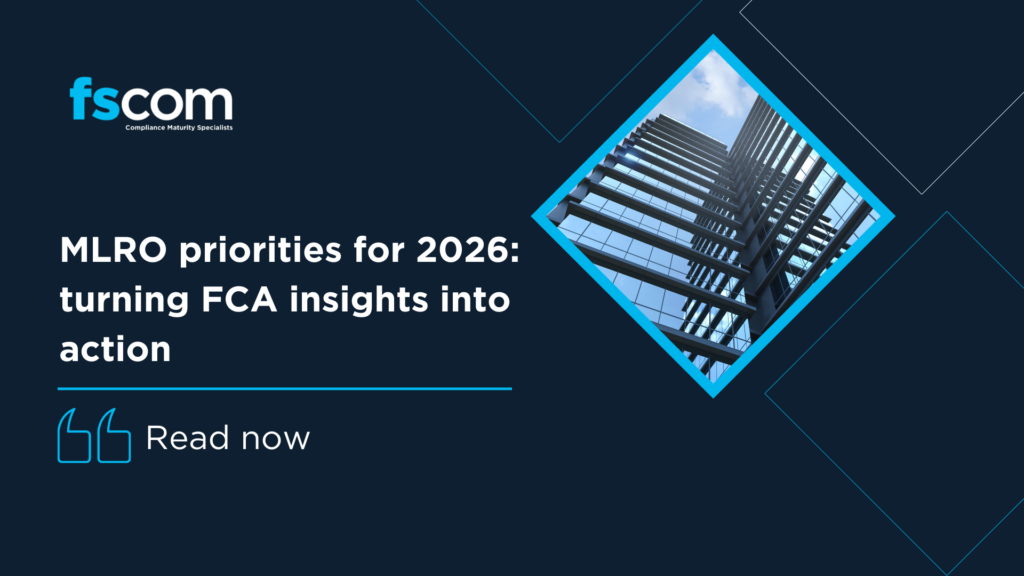When key leadership roles suddenly or unexpectedly become vacant, the question for regulated Irish financial services firms is not just how to fill the gap, but how to stay compliant. Are you prepared to manage an interim PCF appointment without risking regulatory disruption?
Why it matters
Leadership transitions are inevitable. Whether driven by resignation, extended leave, or approval delays, gaps in Pre-Approval Controlled Function (PCF) roles pose both operational and regulatory risks. The Central Bank of Ireland (CBI) expects firms to act decisively and responsibly, ensuring that control functions are not left exposed.
An interim PCF appointment can serve as a vital bridge, maintaining regulatory oversight while an appropriate permanent successor is identified. But doing it right means understanding when to appoint, how to engage with the CBI and what to look for in the interim candidate.
When should firms appoint an interim PCF?
You should consider appointing an interim PCF when a suitable replacement in the short term is not practical and such a leadership gap could jeopardise compliance or governance.
Common scenarios include:
- Unexpected departures: resignations, terminations, or other unforeseen exits;
- Extended leave: maternity / paternity leave, long-term sick leave, or secondments;
- Approval delays: while awaiting CBI clearance for a new permanent PCF; and
- Organisational restructuring: transitions during mergers, acquisitions, or realignments.
In these cases, interim appointments are not just helpful, they are often essential to maintaining continued regulatory oversight and control and demonstrate to the regulator, the firm’s commitment to maintaining appropriately high standards in these key roles.
Managing the regulatory process: CBI expectations
The CBI requires all PCF holders, including interim appointees, to meet Fitness & Probity standards. Interim roles may be temporary, but regulatory scrutiny is not. A person undertaking an interim role should be just as competent as the holder of the role on a permanent basis.
Here’s how to navigate the process:
- Assess the necessity: confirm whether the absence of the PCF holder poses a regulatory or governance risk. If so, a formal interim appointment is likely required;
- Notify the CBI early: don’t wait for a formal vacancy to engage. Provide the CBI with context, justification, and a transition plan;
- Submit an Individual Questionnaire (IQ): the interim candidate must complete the IQ, demonstrating experience, integrity, and suitability for the role;
- Prepare for questions: be ready to explain the rationale for your selection and how the interim candidate will be supported during their tenure; and
- Put oversight in place: ensure strong governance frameworks are in place, whether internal or through third-party support, to support the interim appointee.
- Be Aware: Depending on the PCF role in question, candidates are, on occasion, interviewed by the CBI about their fitness and probity.
What makes a strong interim PCF?
The right interim PCF should bring more than just availability. They should inspire confidence, internally and with the regulator.
Look for:
- Regulatory knowledge: proven understanding of Irish financial services regulation and CBI expectations;
- Leadership: the ability to stabilise and guide teams during a transition period;
- Adaptability: a pragmatic mindset and readiness to integrate quickly;
- Communication: confidence engaging with boards, regulators, and staff; and
- Integrity: a track record of sound judgement and compliance-driven decision-making.
- Experience: ideally the candidate will have experience in the same or similar role in the past.
Common challenges, and how to mitigate them
Interim appointments can feel reactive. But anticipating these common issues can turn a rushed appointment into a strategic success.
Regulatory delays: CBI approval can take time. Engaging early and submitting a complete IQ reduces the risk of drawn-out reviews.
Cultural mismatch: choose someone who understands your regulatory landscape and operational pace to avoid disruption.
Knowledge gaps: provide a thorough handover and ensure access to historical documentation and key personnel.
Stakeholder confidence: keep internal and external stakeholders informed. Transparency builds trust in your governance approach.
Conclusion: Interim doesn’t mean temporary oversight
An interim PCF appointment is more than a stopgap, it’s a test of a firm’s regulatory resilience. When managed proactively, interim appointments can uphold continuity, safeguard compliance, and reinforce the firm’s reputation with the CBI.
The key? Act early, appoint wisely, and support thoroughly.
For support managing PCF transitions, from interim assessments to full governance reviews, fscom’s compliance maturity specialists are here to help.
Want to measure your compliance maturity? Take our 5 minute Compliance Maturity Self-Assessment today.
This blog contains a summary of CBI guidance and is not a substitute for tailored legal or regulatory advice. Please consult your fscom adviser before acting on any of the above.



